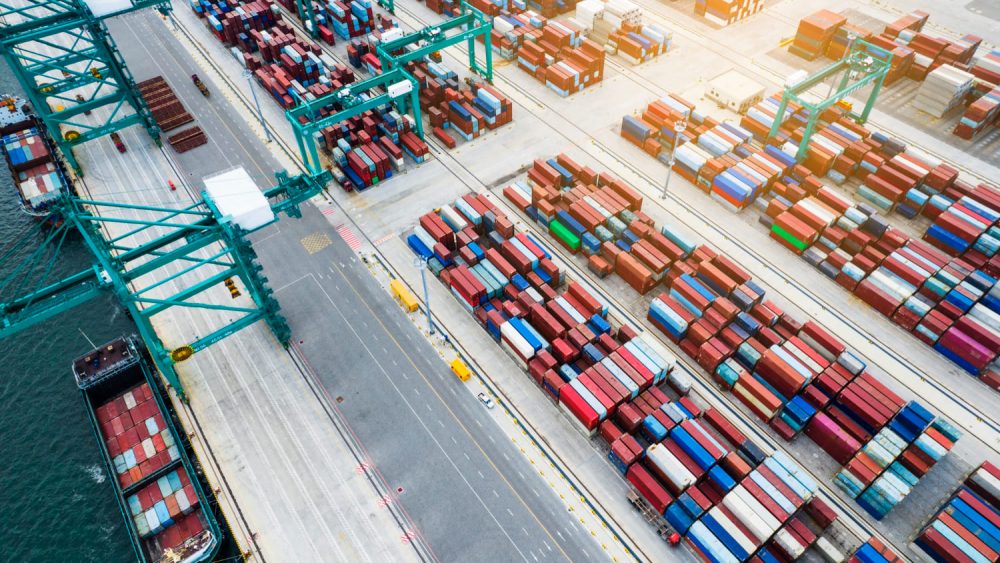In a fully globalised logistics panorama, the need for resilient supply chains is vitally important. Digitisation and collaboration are key to the future for the maritime sector, something that has become evident with the signature of the Ningbo Declaration.
The Ningbo Declaration is an agreement signed by ports, shipping companies, administrations and other international maritime agents to address challenges, discuss strategies and make changes in ports and the global maritime industry. It is a response to the uncertainty in the world economy, which has led to major tension at ports.
The agreement was reached during the sixth Maritime Silk Road Port International Cooperation Forum, which took place in the Chinese city of Ningbo. Its signatories call for open cooperation with a full approach to digitisation using technologies such as 5G, Big Data, and blockchain to achieve safer and more efficient international shipping.
It sets out to do this by creating a universal and open communication platform, to allow all those involved in the sector to share their experiences and thus develop models that may be applicable to the rest.
Cooperation to deal with adversity
Among the signatories are the world’s leading ports, such as Hunan, Rotterdam, Antwerp, Hamburg, Shanghai, as well as operators DP World and China Merchants, large shipping companies such as Maersk and Cosco; and the IAPH (International Association of Ports and Harbors) and the APEC (Asia-Pacific Economic Cooperation Forum) associations.
It also includes the main Spanish port authorities, including Barcelona Port. Its Deputy Director General for Innovation and Business Strategy, Santiago Garcia-Milà welcomed the agreement as an instrument to overcome the adversities affecting ports and maritime trade, such as financial and climate crises, cyber attacks and supply-demand disruptions.
In this regard, García-Milá also referred to a relevant piece of data that appeared in an IAPH study. To be more specific, only one third of the ports have successfully completed the digitisation of their processes. Another third is still working on the design and implementation phase, and a final third has not even begun this process.
It is therefore important that the more advanced ports share their knowledge with others in less developed areas in order to ensure the smooth running of the global port system, since the more port and logistics agents that are interconnected, the more effective the digitisation will be.
The new Silk Road
The Maritime Silk Road Port International Cooperation Forum 2021 was held in Ningbo with the intention of “dealing with current changes, overcoming difficulties and discussing strategies”. The event included high-level round table discussions, themed rooms and conferences to showcase academic achievements, port development experiences, and advanced technologies in the port and shipping industry.
The meeting took place against the backdrop of responses to the COVID-19 pandemic in China and the development of international maritime transport, especially the so-called 21st Century Silk Road, a Chinese strategic trade project.



Comments are closed.